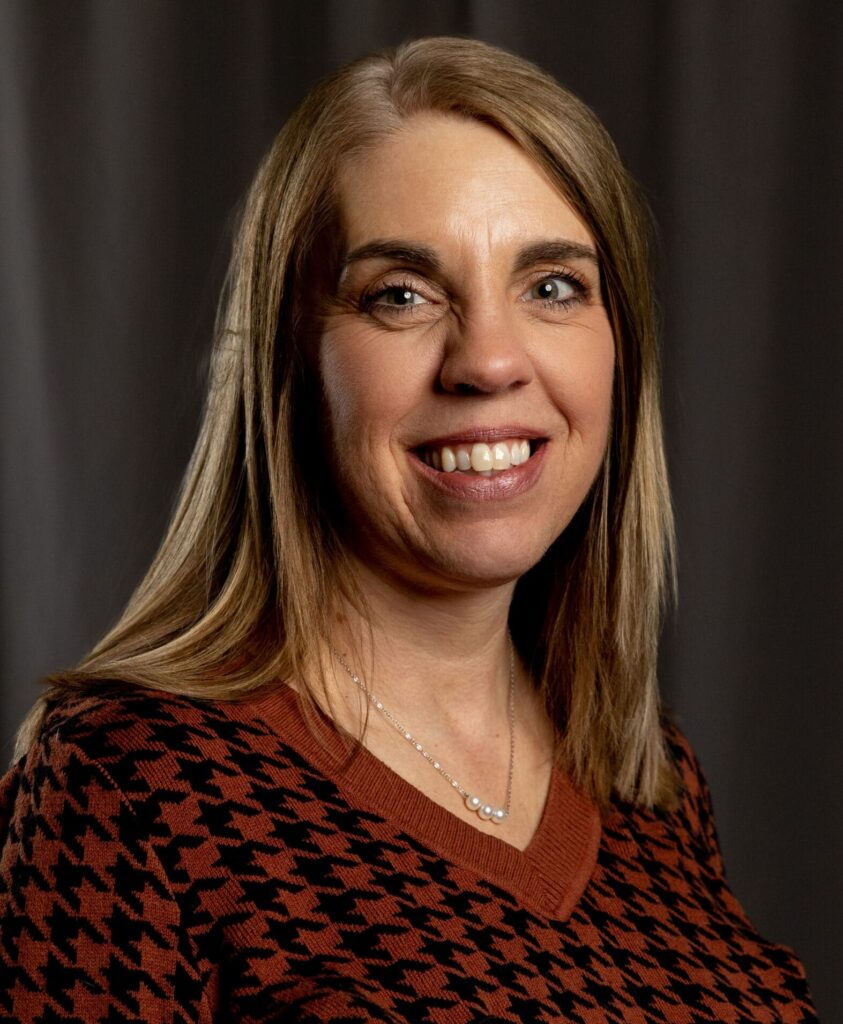Meeting Accessibility Needs through EchoVideo’s Transcription Service
Mary Jane Pettola and Alison Maloney
Among the current accessibility measures in education, the provision of transcripts stands out as a pivotal tool for fostering inclusivity – and tools such as EchoVideo’s automated speech recognition service (ASR) isn’t just about leveling the playing field, it’s about empowerment. By providing accessible learning materials, EchoVideo enables institutions and students to take control of the educational process and allow for student success on their own terms.
At Kishwaukee College, Illinois, Director of Disability, Kristin Elliott and Accommodation Specialist, Delaney Hood, shed light on the significance of transcripts for their college, particularly in the context of accommodating students with diverse needs. They emphasize how transcripts, facilitated by Echo360, have revolutionized the accessibility landscape.
“ … while we may have one student with a need for edited captions in the class, that doesn't necessarily mean that every other student in that class wouldn't find benefit from it. We find that EchoVideo really supports Universal Design for Learning. And, you know, you can have a number of students in your class who have a disability that we don't know have a disability - they don't want to register with our office. So when staff members do use Echo to publish their edited captions to their (Learning Management System) page on our campus, they're helping to support the entire class rather than just one student.”
Delaney Hood, Accommodation Specialist, Kishwaukee College, Illinois Tweet
Kristin Elliott also explained how the design of Echo360’s video management system helps her office to support both faculty and students faster than ever. By providing an easy-to-use UI that allows content to be seamlessly shared between faculty and the accommodation team, EchoVideo has offered an improved experience by speeding up the process of providing accessible learning to all students.

“In our office when we have a student that has a need for captioning of videos and accommodation need for that, we use EchoVideo as a middle point for captioning between our staff and the faculty members. Faculty can upload their lectures into an EchoVideo collection and then share with our staff. That allows us to edit as soon as possible… and then the faculty can simply flip a switch to generate closed captions. It's a much quicker turn around time for us and regardless of the captions, there is definitely a benefit to the entire class.”
Kristin Elliott, Director of Disability, Kishwaukee College Illinois Tweet
Crucially, the success of transcript implementation relies on faculty engagement and awareness. By fostering understanding and buy-in among faculty members, educational institutions and organizations can create a culture of inclusivity where accessibility becomes ingrained in teaching practices.
Delaney Hood explains how ASR benefits students learning, as well as how excited the students who work in the accommodation team were to work with Echo360.
The conversation underscores the indispensable role of EchoVideo ASR in promoting accessibility and inclusivity within higher education institutions. By leveraging tools like Echo360 to more quickly provide transcripts alongside video lectures, institutions empower students with diverse needs to fully participate in the educational experience, fostering a culture of inclusivity on college campuses. As higher education continues to evolve, prioritizing accessibility through initiatives like transcript provision remains paramount in ensuring equitable access to education for all.
